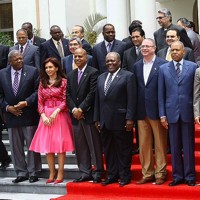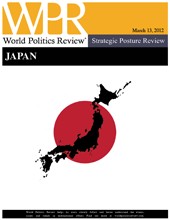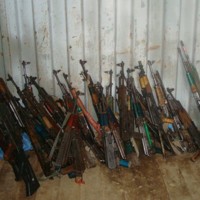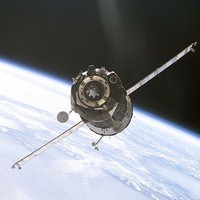
Two decades of unprecedented political, economic and social transformations in Eastern and Central Europe have produced outcomes that were hardly expected when the region emerged from communist rule. Despite initial pessimism about the prospect of establishing liberal democracy, several countries have developed consolidated democratic systems, functioning market economies and efficient democratic states with extensive welfare policies and relatively low inequality. Similarly, although there were well-founded doubts as to whether East European civil societies would ever be able to recover from decades of communist suppression, vibrant free media and well-organized associational life have emerged there as well. These countries are not […]






